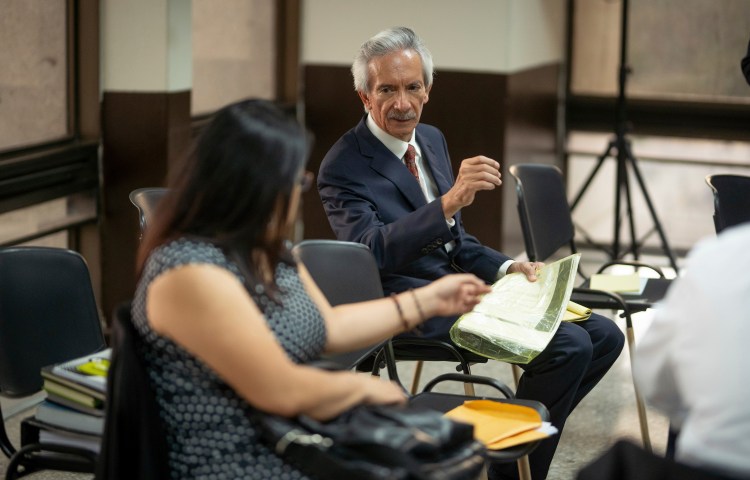
Tipping the scales: Journalists’ lawyers face retaliation around the globe
The smears began the day Christian Ulate began representing jailed Guatemalan journalist José Rubén Zamora: tweets accusing the lawyer of being a leftist or questioning his legal credentials. He began to fear he was being surveilled. Ulate had taken over the case in August 2022 from two other lawyers, Romeo Montoya García and Mario Castañeda,…
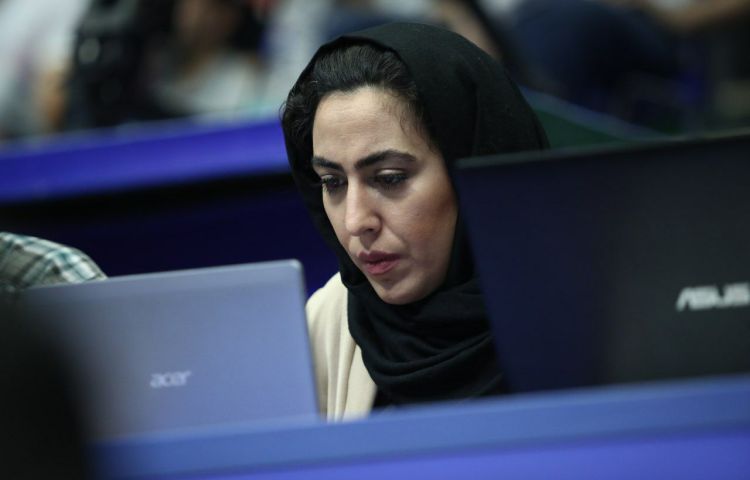
‘Breathtakingly hard’: Iranian journalist Saeede Fathi on 2 months in Evin Prison
Saeede Fathabadi, who goes professionally by Saeede Fathi, was living in Vienna last year when she took a reporting trip to her native Iran to gather footage for a documentary about female athletes in the country. The topic is close to her heart; she used to be a professional basketball player but quit after she was unable…
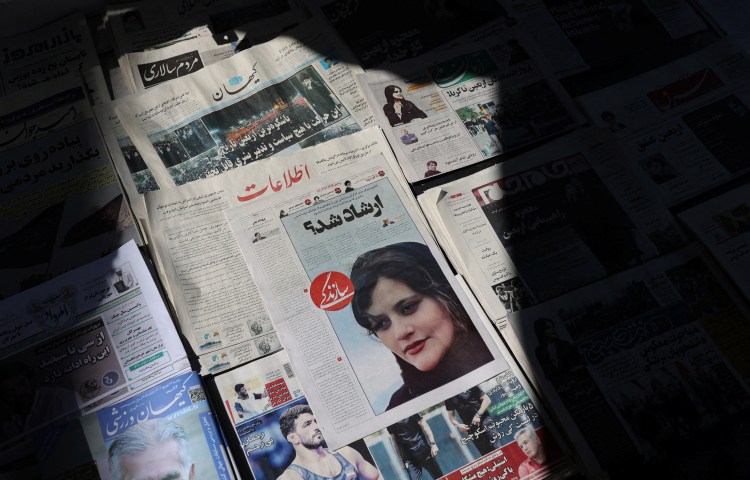
Iran’s journalists in dire straits one year after protest crackdown
When Mahsa (Jina) Amini, a 22-year-old Iranian Kurdish woman, died in custody last September after morality police detained her for alleged “improper” wearing of her headscarf, Iran’s already embattled press corps paid a heavy price for reporting on her death and the nationwide protests that followed. Scores of journalists were among those arrested as Iranian authorities cracked…
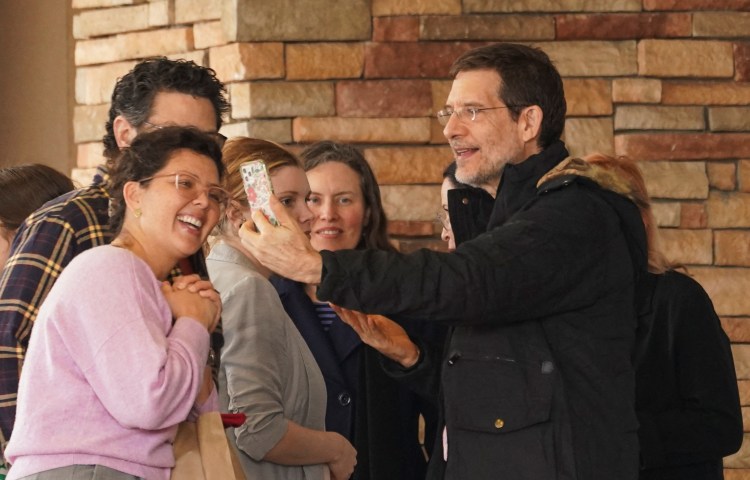
CPJ’s support to exiled journalists jumped 227% in 3 years, reflecting global press freedom crisis
Keep closely connected to your homeland and don’t despair: that is advice Syrian journalist Okba Mohammad said he would offer to Afghan journalists who fled after the August 2021 Taliban takeover. Mohammad knows firsthand the challenges of exile. In 2019, he made a new life in Spain after fleeing the Syrian civil war with CPJ’s…
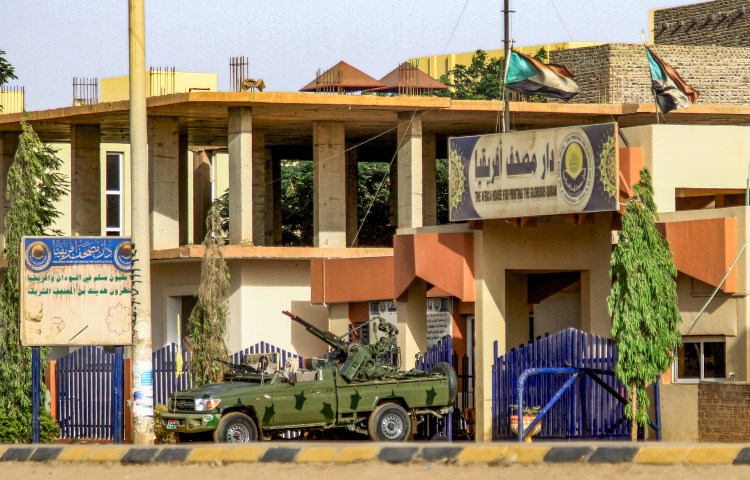
Journalists shot, beaten, and harassed covering conflict between Sudan’s rival military groups
On May 1, freelance Sudanese photographer Faiz Abubaker was filming clashes in Khartoum when, he says, he was shot in the back by the Rapid Support Forces (RSF), a paramilitary group vying for power with the Sudanese military. The RSF then held him for three hours at a checkpoint, where he was threatened at knife point and…
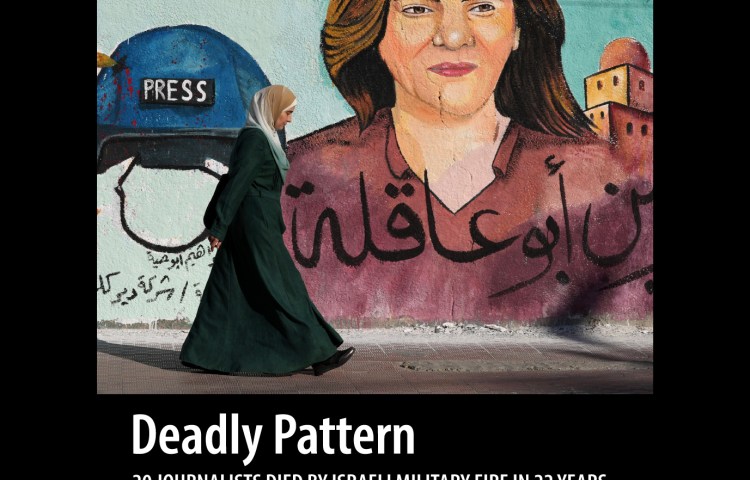
Media coverage of CPJ ‘Deadly Pattern’ report on journalists killed by Israeli military
On May 9, 2023, the Committee to Protect Journalists published “Deadly Pattern,” a report on the Israeli military’s killing of 20 journalists in 22 years — and how no one has been held accountable for those deaths. Some of the global coverage of the CPJ report:
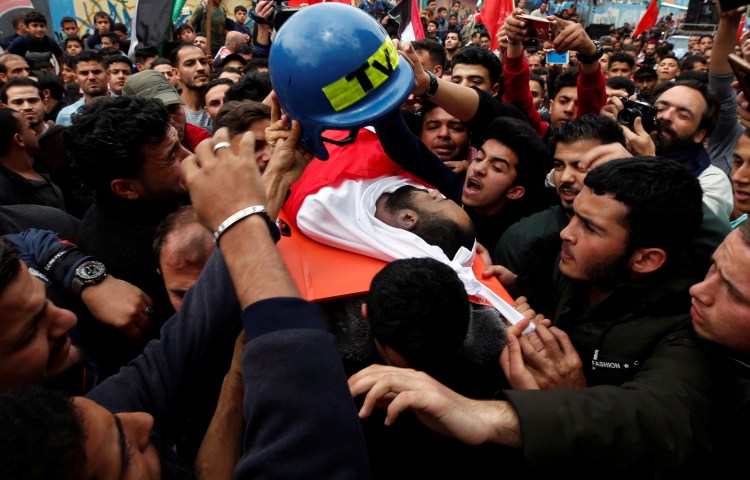
A deadly reporting field for Palestinian journalists
Palestinians make up 90% of the journalists and media workers killed by the IDF in CPJ’s database. (The other 10% were foreign correspondents; no Israelis were killed.) Those figures are partly a reflection of broader trends in the Israeli-Palestinian conflict; over the last 15 years, 21 times more Palestinians than Israelis have been killed, according…
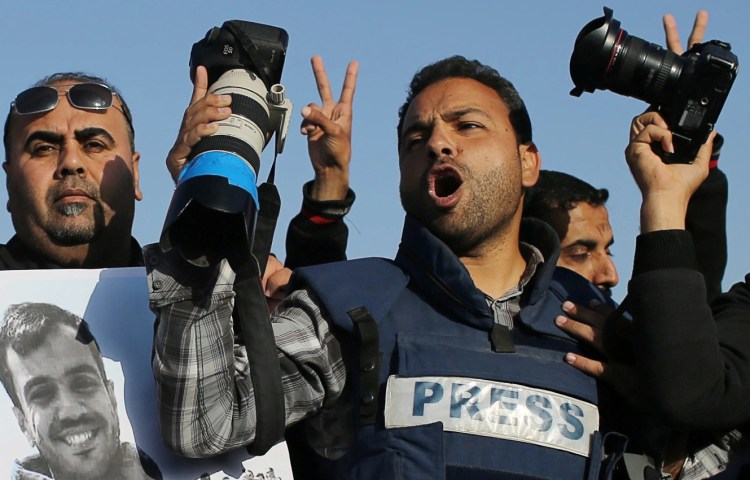
How Israel probes journalist killings
Israel’s procedure for examining military killings of civilians such as journalists is a black box. There is no policy document describing the process in detail and the results of any probe are confidential. If an incident taking place during active combat raises the suspicion of a violation of international law, the office of the army…
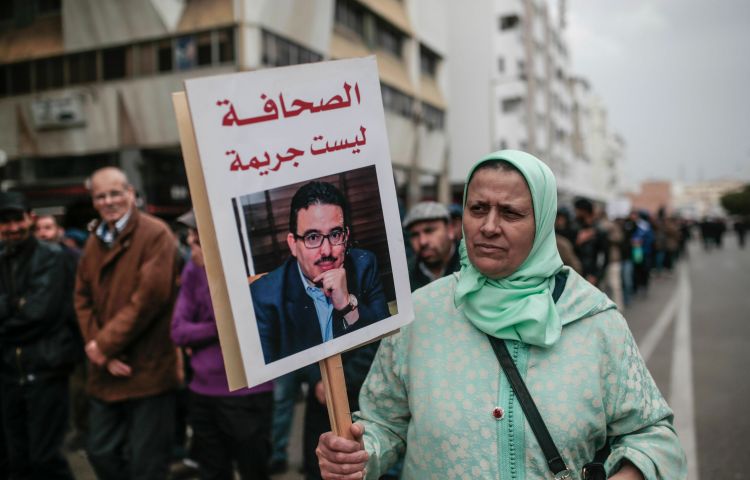
CPJ calls for Morocco to release journalist Taoufik Bouachrine 5 years after his arrest
CPJ has joined 41 other rights groups urging Moroccan authorities to immediately release journalist Taoufik Bouachrine, former editor-in-chief of local independent newspaper Akhbar al-Youm, on the fifth anniversary of his arrest in 2018. Bouachrine is serving a 15-year prison sentence on sexual assault charges that were brought in retaliation for his reporting. The joint statement…
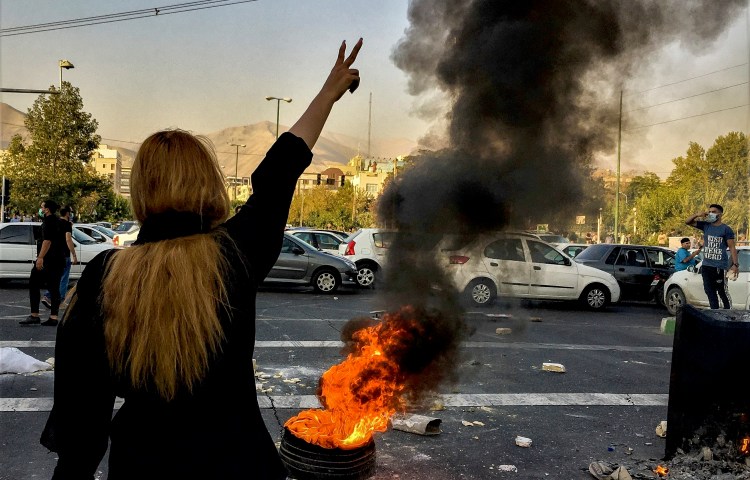
Iran’s seizure of detained journalists’ devices raises fears of fresh arrests, convictions
Five months after the death of a young woman in morality police custody sparked widespread protests, Iranian authorities are charging journalists who covered the uprising with anti-state crimes. In many of these cases, authorities have powerful tools at their disposal to aid in convictions: journalists’ phones and laptops. CPJ counted at least 95 journalists arrested since the start of the protests….